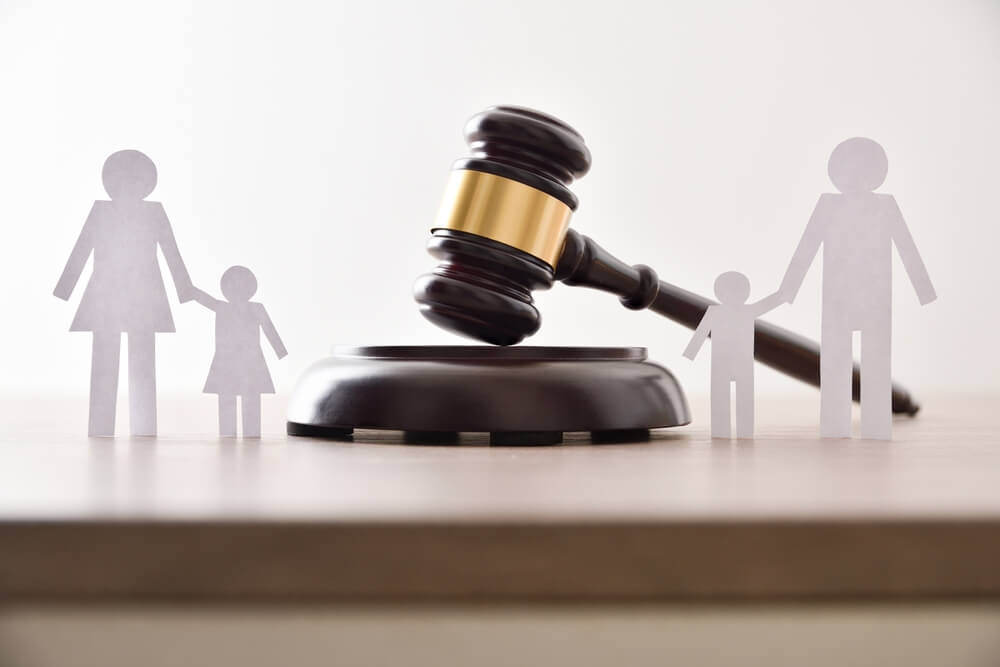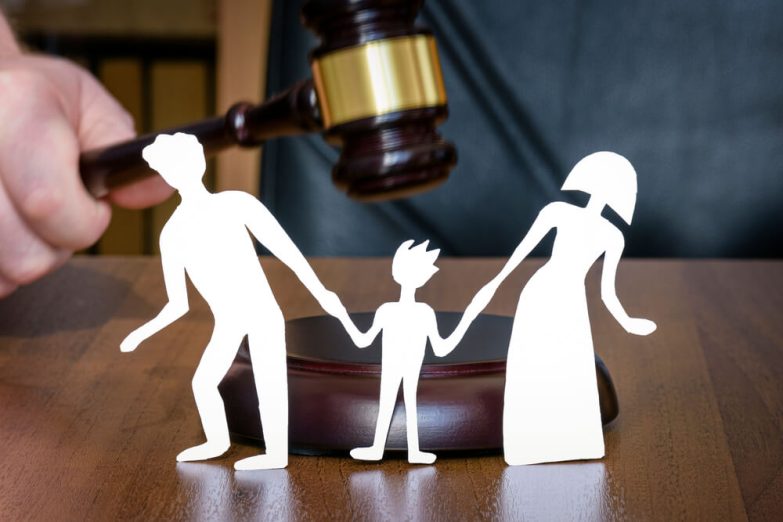No one ever wants to be in a situation where they have to fight for child custody, but if one finds themselves in a custody battle, it’s important to have all the necessary information. There are different forms of child custody, and each state has its own laws that help determine how custody is awarded.
If a child custody case is being heard in Minnesota, the courts will generally follow Minnesota’s laws. Below, we’ll give a rundown of the differences between legal custody and physical custody and how those apply to residents of Minnesota.
What Is Legal Custody?
Legal custody is the power to make important decisions for a child. These may include decisions about things, such as:
- Education: What school a child attends and which extracurricular activities they choose.
- Health care: What medical providers a child sees and what medical care or treatment a child receives.
- Religion: Whether or not to raise a child in a particular religion and if the child will attend religious classes.
If one party has sole legal custody, this individual is the only one who gets to make these decisions for the child or children, and there is no need for consulting the other parent. If joint legal custody has been agreed upon, both parents must make the decisions together.
Minnesota has a rebuttable presumption that joint legal custody is in the best interest of the child or children. This means that the courts will assume that joint legal custody is the family’s best option unless either parent convincingly demonstrates otherwise. The exception to this rule is if domestic abuse has occurred, in which case the abusive parent will not receive legal custody.
What Is Physical Custody?
Physical custody is the right to make decisions about a child’s day-to-day activities. This is different from parenting time, which is the amount of time a child spends with each parent. If sole physical custody has been granted to one parent, that parent’s home would be considered the child’s home for school and other purposes. Physical custody should not be confused with parenting time, which is the amount of time the child spends with each parent.
Equal parenting time means that a child will split time between their parents. It is typically for parents to each have two week days with the child and alternate Friday, Saturday, and Sunday. Other common custody options may include:
- Spending the school year with one parent and summers with the other
- Weekdays with one parent and weekends with the other
- One week with one parent, the next week with the other parent
Unlike legal custody, Minnesota does not automatically assume that joint custody is in a child’s best interests. It is presumed that a parent should not have less than 25% parenting time absent abuse or other serious concerns.
What Factors Determine Custody?

In Minnesota, Statute 518.17 states that all custody decisions need to be made with the best interest of the child or children in mind and outlines factors that can help the courts determine what that best interest is. This includes factors, such as:
- Special needs the child may have that require a specific parenting arrangement
- Whether there has been domestic abuse in the home
- Each parent’s history of participation in raising the child
- Each parent’s willingness and ability to raise the child
When Is a Custody Agreement Needed?
Many situations may require a custody or parenting time agreement. In Minnesota, these may include:
- When married parents are divorcing or legally separating
- When unmarried parents who signed a Recognition of Parentage need to determine custody
- When court actions determine the paternity of a child
- When there is an Order for Protection in place due to domestic abuse
- When a child is under the care of a third party, like a relative or other legal guardian
- When a child is involved in a juvenile delinquency case or considered in need of protective or other services
In some cases, a parent can file for emergency custody without first giving notice to the other parent. Emergency situations may include:
- Safety concerns for the child or children
- One parent needs an immediate order to provide the child with medical treatment
- The non-custodial parent will not return the children to the parent with custody
- One parent has left the state or country without the other’s permission or there is a valid concern that they will leave
Trust the Custody Lawyers at M. Sue Wilson Law Offices Today

The legal experts at M. Sue Wilson Law Offices have been specializing in family law in the Twin Cities for over 40 years. Our team will fight for every client’s best interests and help achieve the best possible outcome for individuals and families. Contact us today to schedule a free case evaluation.
This article contains general legal information and does not provide legal advice. For legal advice, please contact M. Sue Wilson Law Offices today.

